【日本攝影師之十九】兩位「木村伊兵衛賞」得主——星野道夫、本城直季
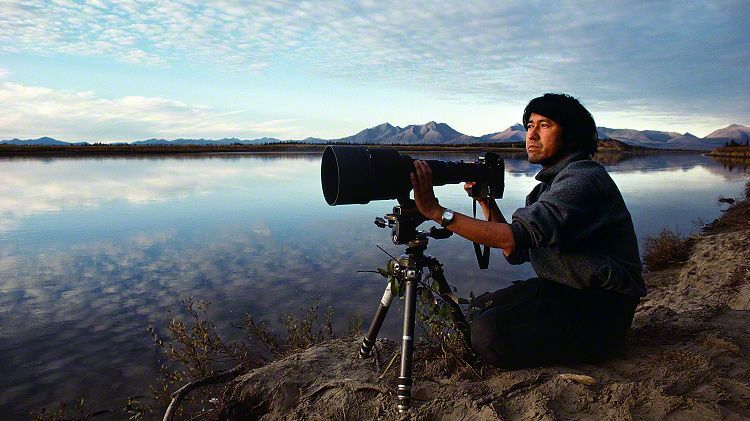
1996年8月8日,日本攝影師星野道夫(Michio Hoshino)被棕熊襲擊身亡,終年44歲。他一輩子都在拍攝熊,沒想到最後卻葬身灰熊手下。
十九歲時,星野道夫在日本一間舊書店發現一本阿拉斯加攝影集,震撼人心的自然景觀令這位異國青年十分嚮往。他寫信給阿拉斯加Shishmaref村長,半年後收到歡迎他前往的回信,於是他在翌年夏天踏足阿拉斯加,與當地愛斯基摩人生活三個月。在那裏他第一次看見熊、體驗前所未有的生活,更令他對阿拉斯加充滿無限嚮往。
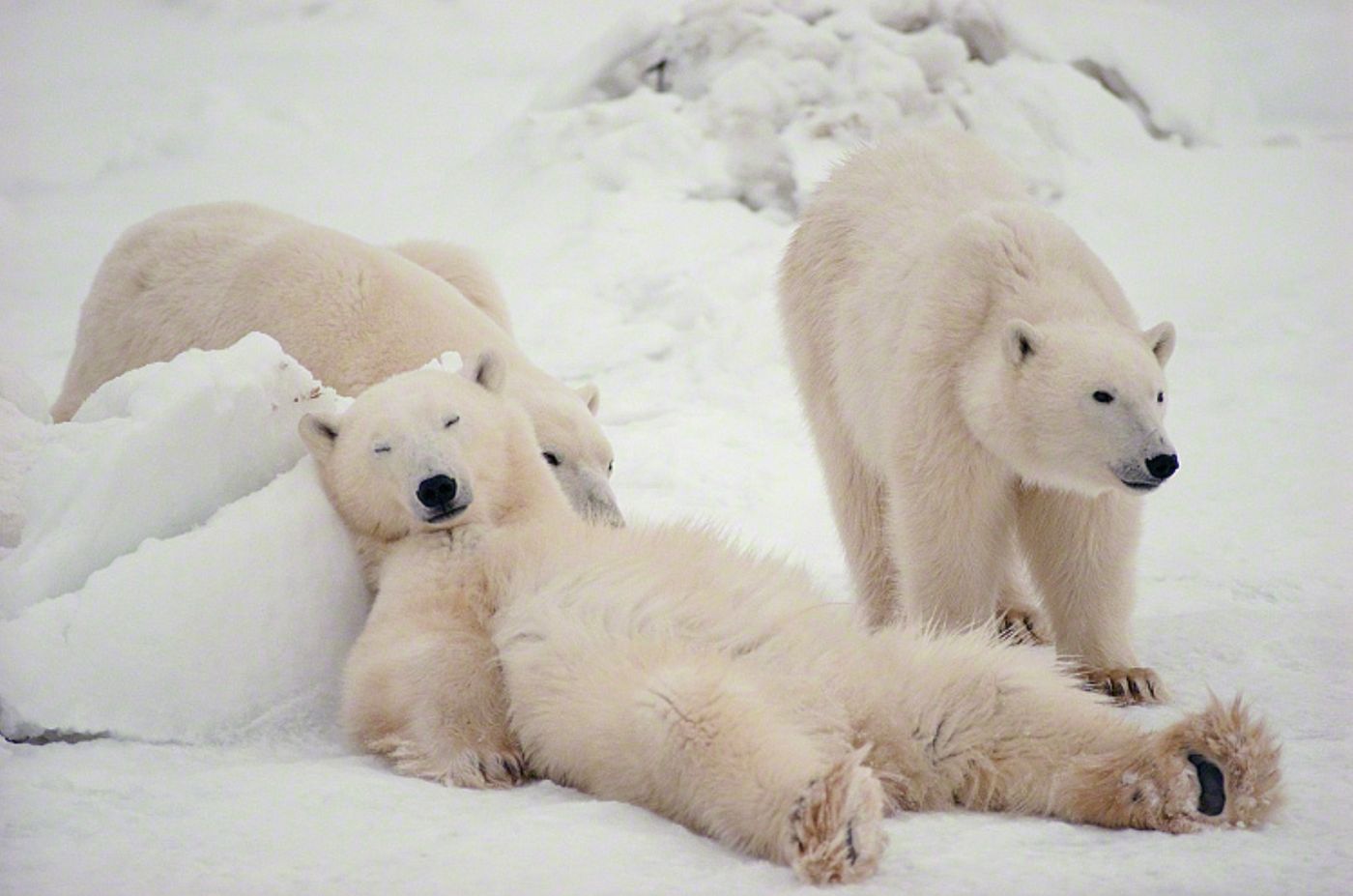
回到日本後,畢業於慶應大學經濟系的他,曾擔任動物攝影師田中光常助手,之後在1978年再次踏足阿拉斯加。十八年歲月裏,他的足跡遍及這片土地的每個角落,拍攝當地的極光、冰河、馴鹿、海豹、北極熊等,還有牠們的生存環境,許多溫馨及捕魚的畫面,均是他在漫長的等待後捕捉的。這些照片在《朝日周刊》的專欄「Alaska 風のような物語」連載,結果獲得第15屆「木村伊兵衛賞」。雖然相片的成功為他帶來名譽,但他在大自然面前依然保持好奇及純真之心,在等待的過程中享受心靈的寧靜。
1996年,他參與日本TBS電視台節目在俄羅斯堪察加半島拍攝外景,當時他並沒跟隨工作人員入住木屋,而是在木屋旁搭建帳篷過夜,結果不幸遭受棕熊襲擊身亡。據悉,星野道夫在阿拉斯加從來不攜帶槍械,他不想因為依賴武器而失去對動物的敬畏之心,可見他對大自然的敬重及自我的勇氣。
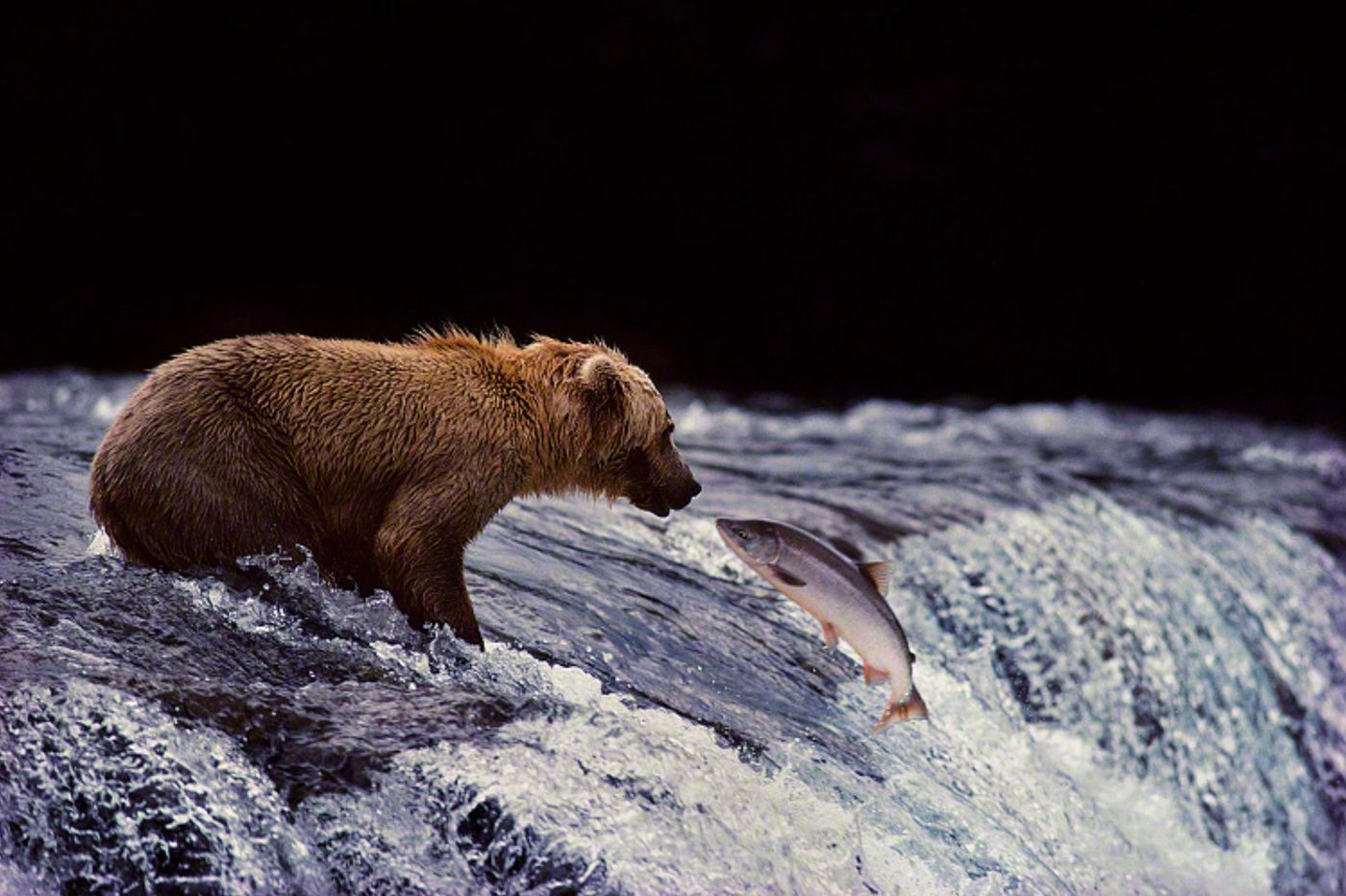
On August 8, 1996, Japanese photographer Michio Hoshino was attacked by a grizzly bear and died at 44. Michio Hoshino was impressed by Alaska's stunning landscape images when he was 19. He wrote to the mayor of Shishmaref, Alaska, and received a letter welcoming him half a year later, so he set foot in Alaska the following summer and lived with the Eskimos for three months. He saw a bear for the first time and experienced a remarkable life.
After returning to Japan, he graduated from Keio University and later worked as an assistant to the animal photographer for two years, and then set foot in Alaska again in 1978. During the eighteen years, he has traveled to every corner of this land, photographing reindeer, seals, and their living environment and capturing how the polar bears catch fish. These images became a great success.
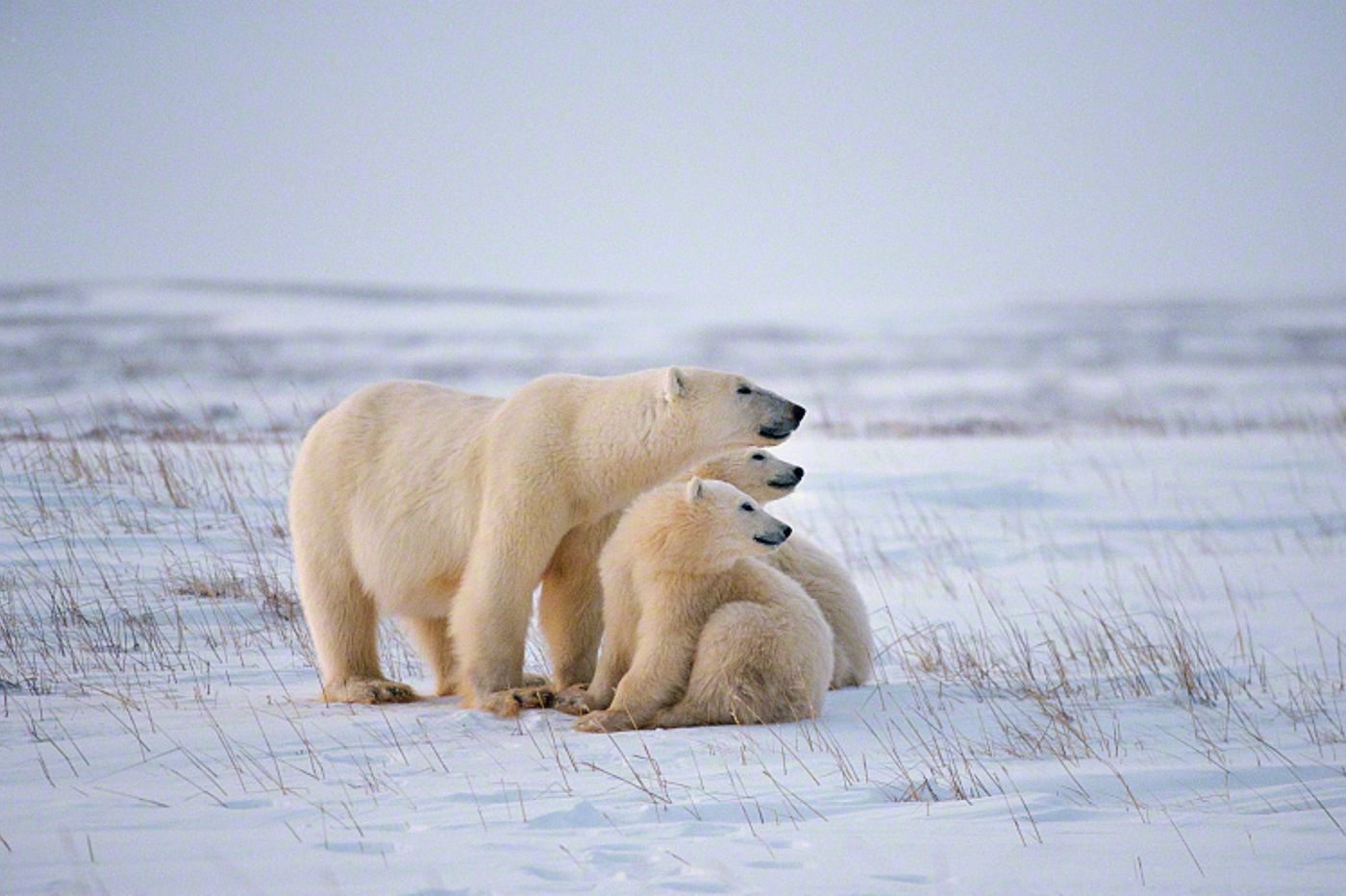
In 1996, he took part in a Japanese TV program on the Kamchatka Peninsula, Russia. At that time, he did not follow the staff to live in a wooden house but set up a tent next to the wooden house for the night. Unfortunately, he was attacked and killed by a grizzly bear. It is said that Michio Hoshino never carries firearms in Alaska. He does not want to lose his awe for animals because of his dependence on weapons. This shows his respect and courage for nature.
星野道夫網站:https://www.michio-hoshino.com/
顯影IG(雙語內容): https://www.instagram.com/photogstory/
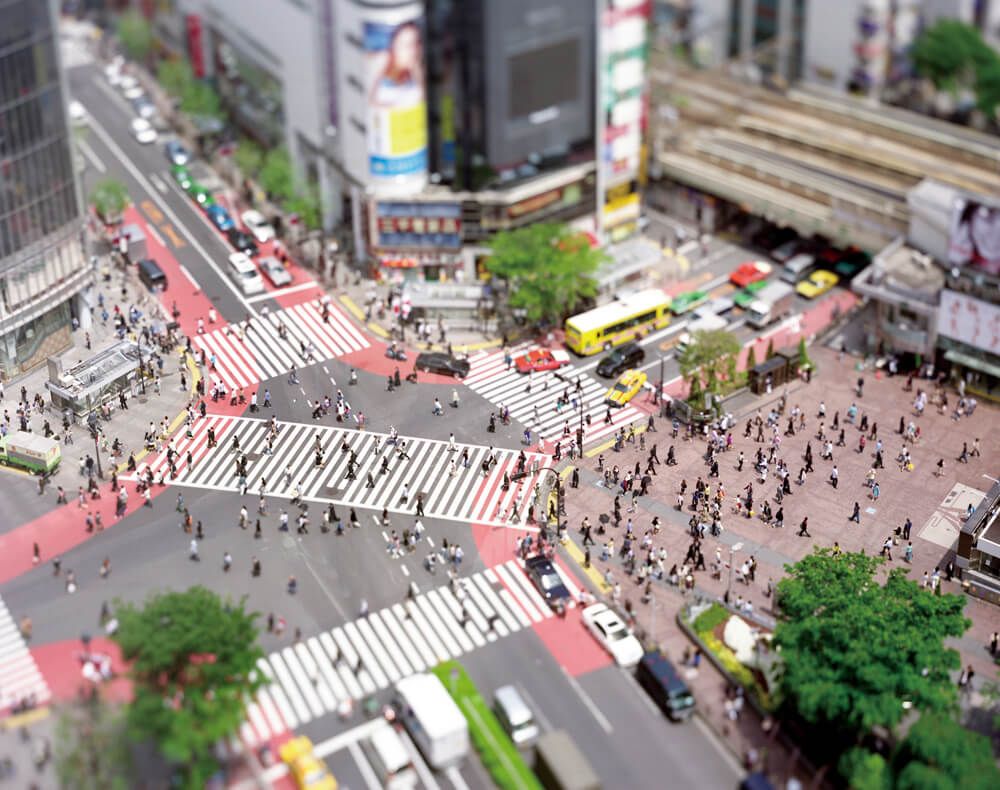
現年43歲的日本攝影師本城直季(Naoki Honjo)畢業於東京工藝大學,他以移軸鏡頭拍攝的城市景色充滿辨識度,恍如一個個微縮場景,這系列《Small Planet》曾獲得2006年日本著名攝影獎「木村伊兵衛賞」。
時下的智能手機能輕鬆模仿出微縮效果,足見移軸攝影(Tilt-shift photography)的魅力,只是一般人無法拍攝出這種效果。移軸攝影利用畫面中焦點位置和景深的改變,糾正透視變形的問題,在建築攝影領域很常見。由於移軸攝影有壓縮景深的效果,後來也演變成一種創作手法。
回想當時,本城直季以4X5大片幅相機及移軸鏡頭,身處摩天大樓高處或直昇機以俯瞰角度拍攝,令城市風景及建築物看起來恍如模型般,繁華的都市一瞬間變成平靜的迷你世界,充滿視覺震撼。此外他也以移軸攝影拍攝劇場表演、工業設施等,及後也在拉斯維加斯、肯雅等地拍攝,尤其是肯雅的風光,感覺朦朧而夢幻。
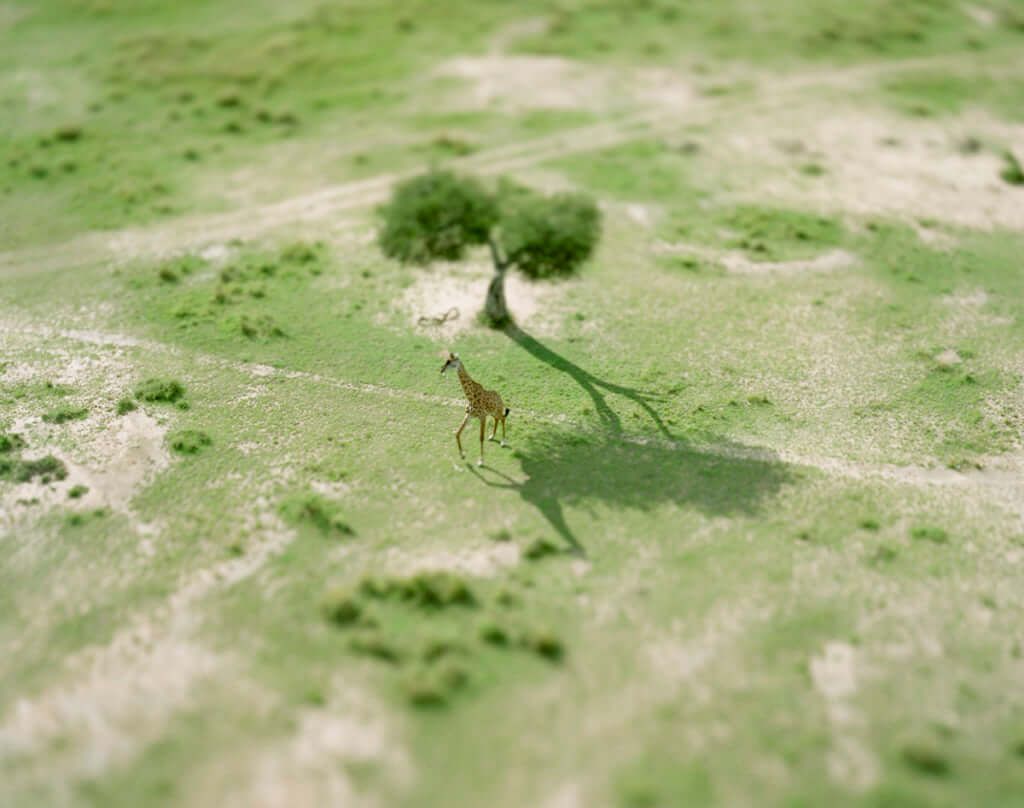
The city's miniature scenery under Japanese photographer Naoki Honjo's tilt-shift lens is highly recognizable. This "Small Planet" series has won the famous Japanese photography award "Kimura Ihei Award" in 2006.
Nowadays, smartphones can easily imitate the miniature effect, which shows the charm of Tilt-shift photography. It changes the depth of field and the focal point to correct the problem of perspective distortion, which is very common in architectural photography. As tilt-shift photography can compress the depth of field and it later evolved into a creative expression.
Back then, Naoki Honjo used a 4X5 large-format camera and a tilt-shift lens to shoot from the top of a skyscraper or a helicopter, making the city landscape and buildings look like miniatures. The bustling city instantly became a peaceful mini world. Naoki Honjo also used tilt-shift photography to shoot stage performances, industrial facilities, and places like Las Vegas, Kenya, especially the Kenyan scenery, which is very hazy and dreamy.
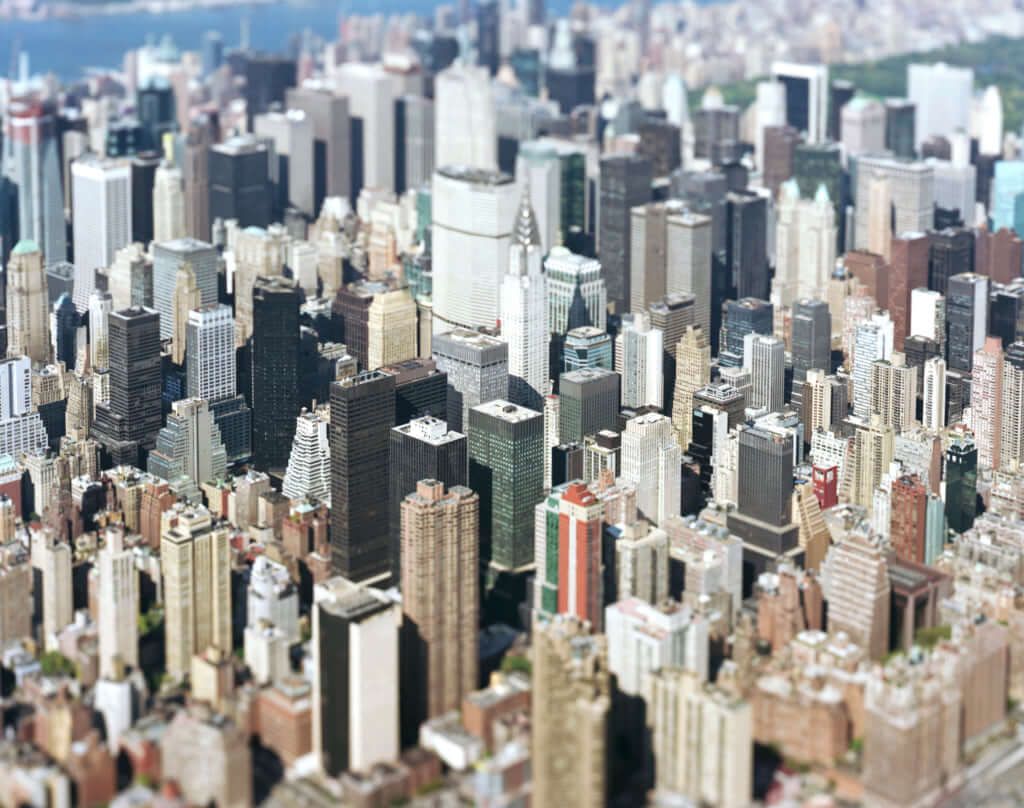
·本城直季攝影師網站:http://honjonaoki.com/works/m6_smallplanet/1.html
·顯影IG(雙語內容): https://www.instagram.com/photogstory/
